
Lincolnshire-born singer Nicola Roberts has just turned 40, and during her birthday celebrations, her friends asked how she felt. She didn’t hesitate: “I have friends that didn’t manage to make it to 40.
“So it is a privilege to get older. We should show gratitude for ageing, because it means we’re around a little bit longer, and that is imperatively important.”
It’s a refreshing response from someone who’s spent half her life in an industry built on staying forever young. But Roberts, once the youngest member of Girls Aloud, isn’t clinging to the past.
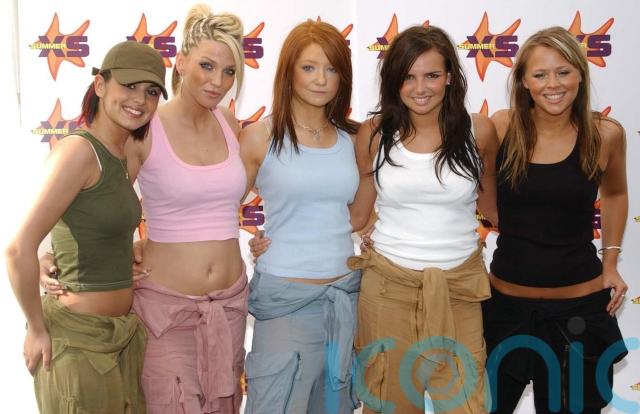
“There’s freedom at any age if you truly accept and love who you are,” she says.
That sense of acceptance runs through everything she says and her newfound approach to wellbeing. Roberts is speaking as she marks a new chapter, recently being announced as the face of Aveeno’s new Age Renewal range.
The collaboration feels apt: the line promotes what it calls “ageing gratefully,” an adage that Roberts lives by, following the passing of friend and fellow band mate Sarah Harding in 2021.
Harding died of breast cancer aged 39, just two months shy of her 40th birthday.
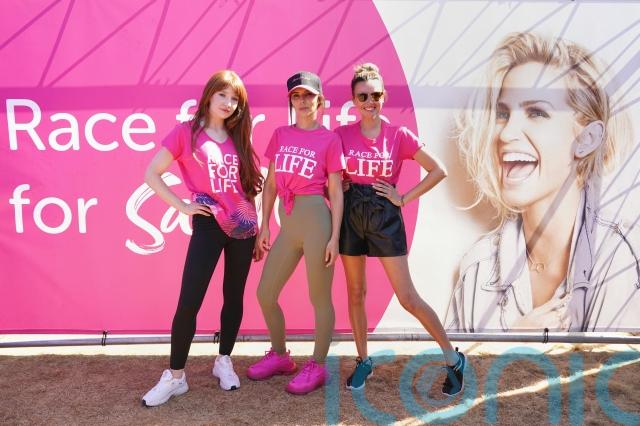
Losing Harding, Roberts says, put many things into perspective. It made her reconsider the relentless pursuit of improvement that had long defined both her industry and her own habits.
“I’ve got gentler with myself,” she says. “I don’t want to put my skin through it anymore.
“When I look in the mirror in the morning, I’m like, this is fine. I’m not pulling myself apart.”
The Aveeno partnership comes at a time when that message of caring for your skin shouldn’t mean punishing it, makes sense to her.
“I still want skincare that does something,” she says, “but it also has to reflect how I live. We don’t use toxic products at home; I don’t use fragranced shower gels. So it’s about finding that balance – products that are effective, but that also fit with a more mindful way of looking after yourself.”
Roberts also says how big an impact diet has made on her skin, as she’s noticed the visible effect of what she eats are becoming more evident with age.
“Diet is massive for me,” she says, “if I eat a lot of sugar, my skin texture changes. Even my make-up goes on differently. So it’s about balance. I know if I indulge in pizza and cake, I’ll have a breakout next week.”
She laughs when she talks about her simplified routine. “I just don’t think my skin can take that much information anymore,” she says. “I used to think if it wasn’t tingling it wasn’t doing something, but sometimes your skin just needs calm.”
This gentler approach have also made her feel more confident, as she notes, “I prefer how I look without make-up on most days. I just like being comfortable.”
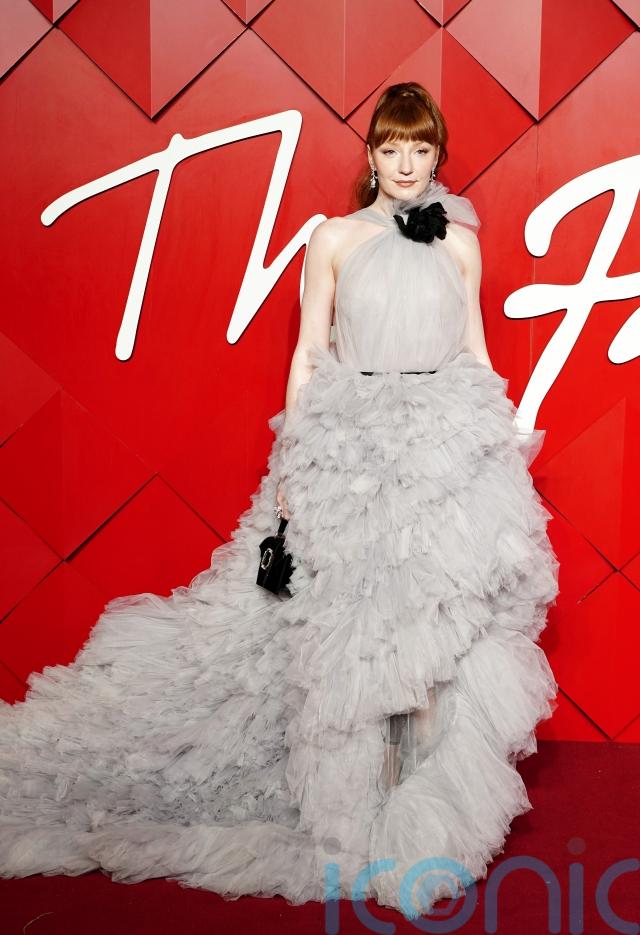
Roberts’ measured relationship with beauty is hard-won. In her 20s, she became known as the “pale one” in Girls Aloud – an identity that came with constant scrutiny in an era when tanning was practically mandatory.
“I definitely did my time being addicted to tanning and feeling like I needed to be tanned to fit in,” she recalls.
“Coming out of the Nineties and the Noughties, it was seen as attractive to be tanned – if you weren’t that skin tone, you were an outcast a bit when it came to beauty standards.”
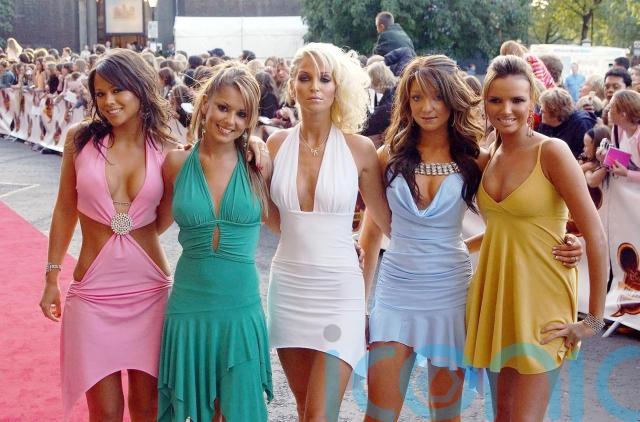
Eventually, she recognised that the constant drive to be tanned was unhealthy. “I got to a point where I realised I couldn’t tan – I’d only burn – and I realised how unhealthy my perception of beauty was in conjunction with tanning,” she says. “Eventually I realised I looked so much better in my own skin tone.”
That realisation led her to make a BBC documentary about tanning addiction and skin cancer, and she was part of a campaign that helped change UK law to ban under-18s from using sunbeds.
“Kids were leaving school in their uniforms and going straight to tanning salons,” she remembers, “it’s insane to me that something like body weight or skin tone can fall into a fashion trend category.
“The fact that tanning is coming back now is quite crazy – it’s like flared jeans. It shouldn’t be a trend when it’s about your health.”
That instinct to question what’s considered “normal” beauty has only sharpened with age.
“You just have to have the responsible conversation with yourself,” she says, “what’s important to me? How far do I take this? And that’s a conversation you should have with yourself, not one driven by peer pressure or societal noise.
“If you don’t have self-love, and you’re trying to fill that hole with connection or attention, you’re going to keep making decisions that don’t serve your true purpose,” she thoughtfully explains.
“Once you fill that hole with self-respect and love, you don’t reach for other things to fill it – you can create boundaries and say no easily.”
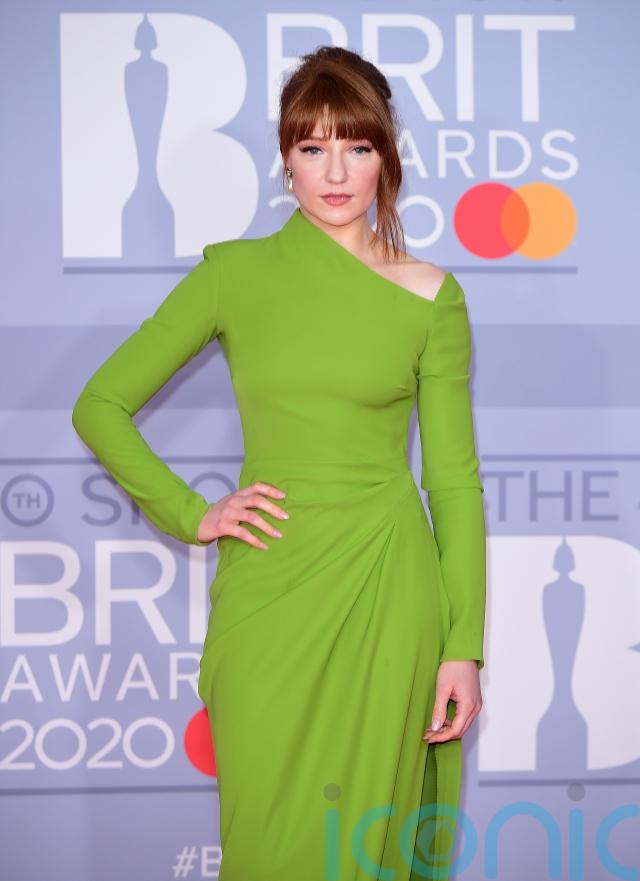
Therapy, she says, helped her get there. “How you look is a relationship with yourself – and with the encouragement and love you get from people around you […] A therapist can help you reframe things, but self-love really is the root of everything.”
And so upon turning 40, Roberts isn’t trying to reinvent herself, but just become more comfortable in her skin.
“As you get older, you just naturally and really beautifully get to a point where you don’t care,” she says, “you’re like, this is it, this is who I am, take it or leave it.”
Subscribe or register today to discover more from DonegalLive.ie
Buy the e-paper of the Donegal Democrat, Donegal People's Press, Donegal Post and Inish Times here for instant access to Donegal's premier news titles.
Keep up with the latest news from Donegal with our daily newsletter featuring the most important stories of the day delivered to your inbox every evening at 5pm.